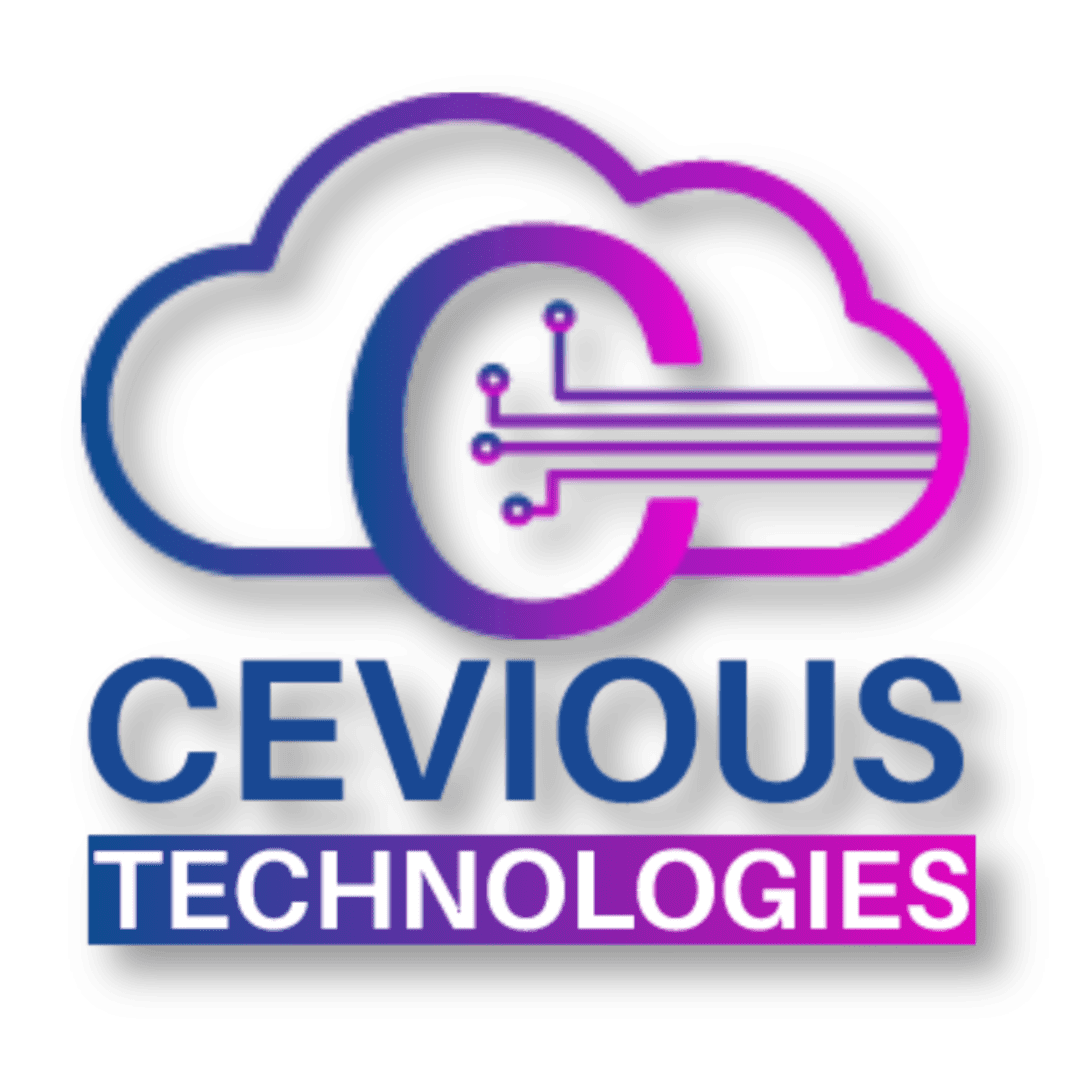Cloud accounting is fast emerging as a popular way through which businesses continue to implement the various technologies and 2025 holds special promise for these concepts. Regarding innovation and efficiency and considering the importance of adaptability, several trends are emerging to reshape the industry as well as the manner financials are managed.
The Rise of Artificial Intelligence and Machine Learning
AI and ML are reshaping the realm of cloud accounting since they help minimize time and efforts to process invoices, track expenses, and make accurate forecast. Such technologies help businesses address numerous complex issues around vast amounts of financial data and provide predictive outputs that can support decision-making. Artificial Intelligence has moved away from a feature to a necessity towards any organization that intends to have competitiveness and operational efficiency in today’s greatly data-driven society.
Strengthened Focus on Data Security and Compliance
Considering the increase of cyber threats and high demands to compliance, data protection is one of the main concerns. Software-as-a-Service, or SaaS cloud accounting solutions adopted strict security features such as encryption, two-factor authentication, and blockchain. Compliance features are also a new concept, by which the business can follow the tax and payroll laws and other industry requirements on its own. These acknowledgeable ships brings assurance and relative relieve from bureaucratic processes to ensure companies concentrate on growth.
Seamless Integration with Business Ecosystems
As organisations look towards work streams becoming integrated, there is increased integration options in cloud accounting. CRM, ERP software systems and e commerce platforms are[now integrated with these] systems to form an integrated system of Customer Relationship Management, Enterprise Resource Planning and electronic commerce systems. Not only does this arrangement help facilitate organizational efficiency but it also creates an integrated perspective of the organization’s processes simplifying decision making as well as promoting effective departmental synergy.
Mobile-First Solutions for On-the-Go Access
The requirement for mobile prepared solutions keeps growing due to the new world orders including remote and hybrid work environments. Features that increase the number of users are simplicity, and now, mobile interface – the ability to do everything from fixing a café is down to a cloud accounting platform. Such as real-time expenses tracking, mobile invoicing and cash flow management helps businesses to be flexible, especially small and medium business entities and freelances.
Emphasis on Sustainability and Green Accounting
It is established that sustainability is becoming an important area of interest in cloud accounting. Managers are also using these platforms for evaluating and communicating their company’s sustainability performance. Carbon footprint, energy and waste indices, and efficient tools for monitoring these parameters gradually become obligatory to match the profiles of environmentally friendly organizations. These programs and policies may serve as ethical measures, and, at the same time, promote company image and attract stakeholders with sustainable orientations.
Personalization and Customization for Unique Needs
The traditional approach of providing solutions that have standard features that fit all organizations are becoming less acceptable due to increased expectation of organizations for better suited tools. The current developments of software for cloud accounting indicate that they have adopted a modular approach in their designs and also the dashboard could be personalized to offer only those services required by the user. That is especially beneficial for industries that need specific functionalities, which can provide users with better tailored and suitable experience.
Democratization of Advanced Analytics
Advanced data that was beyond the reach of small business entities is now available thanks to advanced business analytics tools. Modern cloud bases accountancy solutions are offering dynamic fields, visualization tools and smart reporting utilities to the users. In essence, these tools help to decode numerous pieces of business financial information and use these insights as a clear guide on the best approach to take.
Conclusion: The Future of Cloud Accounting
Accounting in the cloud in the year 2025 portrays greater innovation, structures integration, and most importantly user solutions. These trends range from automations and security at the core AI capabilities, environmental sustainability, and sophisticated analytics to mention but a few, all of which are changing the face of financial management practices. Through the adoption of these inventions, various firms can transform their operations and chart a worthy strategic path. Cloud accounting is no more about number crunching but more about intelligence and bringing in opportunities to succeed.

4.9 google Reviews
Lorem ipsum dolor sit amet, consectetur adipiscing elit. Ut elit tellus, luctus nec ullamcorper mattis, pulvinar dapibus leo.